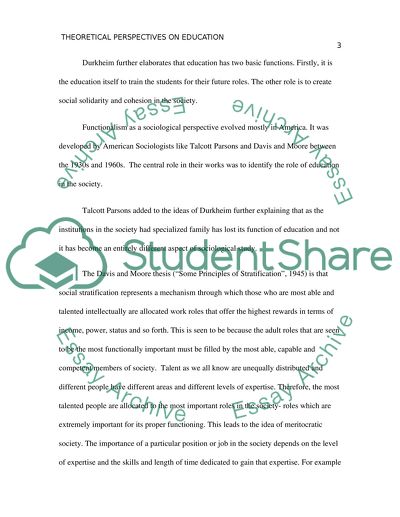Cite this document
(“Evaluating Sociological Theories Essay Example | Topics and Well Written Essays - 2000 words”, n.d.)
Retrieved from https://studentshare.org/environmental-studies/1413042-evaluating-sociological-theories
Retrieved from https://studentshare.org/environmental-studies/1413042-evaluating-sociological-theories
(Evaluating Sociological Theories Essay Example | Topics and Well Written Essays - 2000 Words)
https://studentshare.org/environmental-studies/1413042-evaluating-sociological-theories.
https://studentshare.org/environmental-studies/1413042-evaluating-sociological-theories.
“Evaluating Sociological Theories Essay Example | Topics and Well Written Essays - 2000 Words”, n.d. https://studentshare.org/environmental-studies/1413042-evaluating-sociological-theories.


